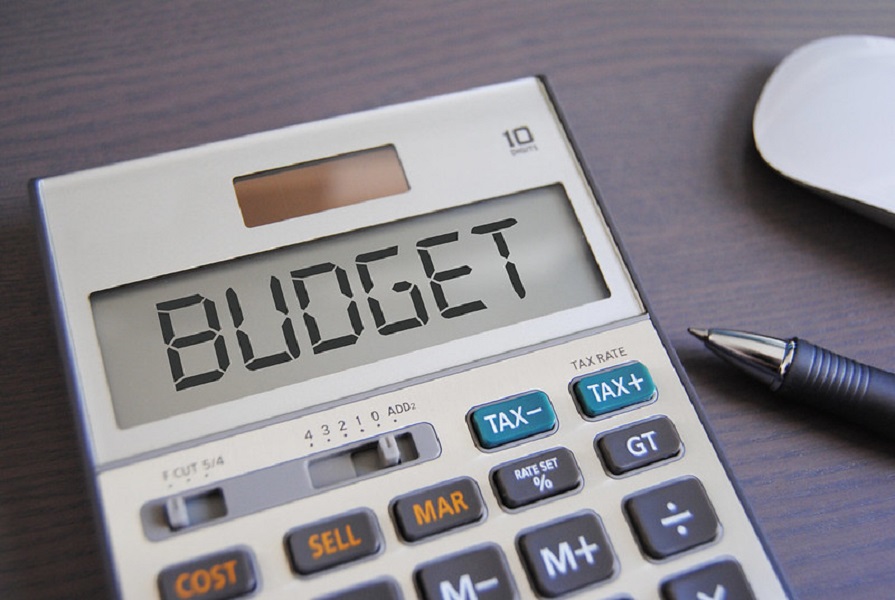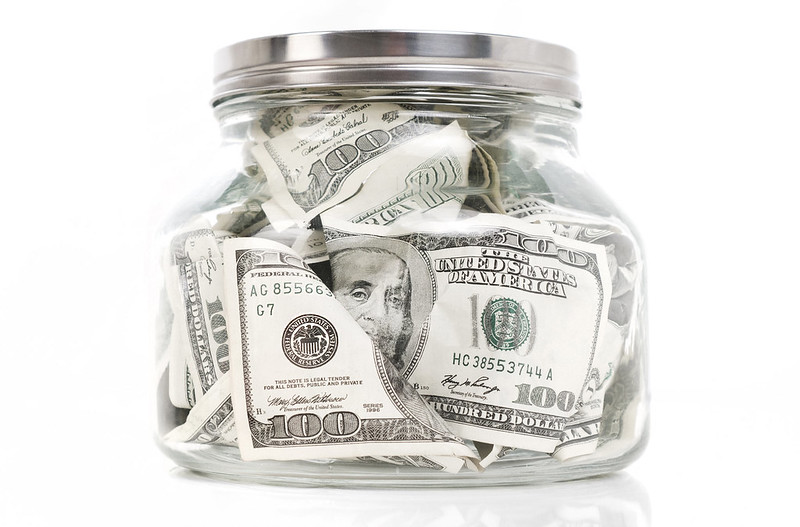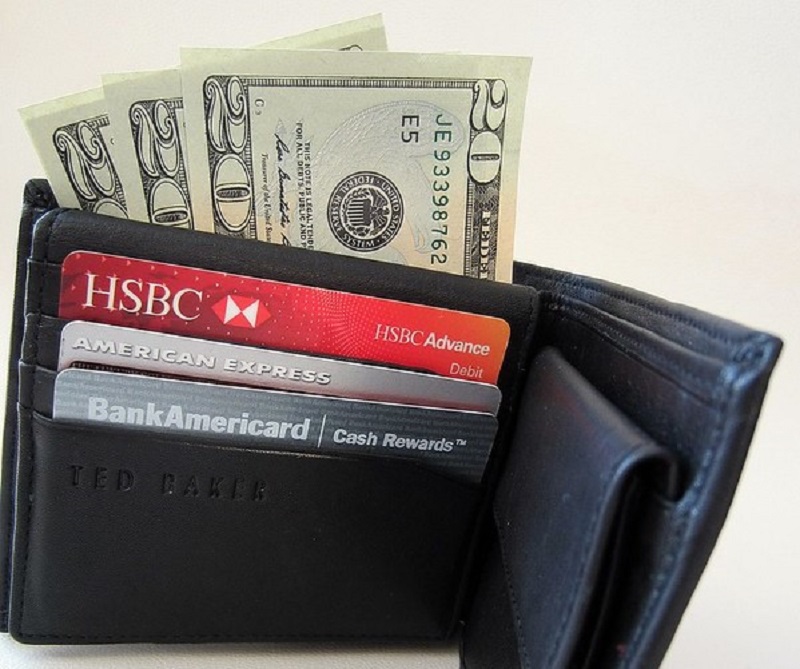In today’s buy-buy-buy world, it’s super easy to let money slip through your fingers. Ever find yourself puzzled at where your paycheck went, or why your savings are stuck? You need a reality check. Here are 16 signs you’re definitely splurging too much.
Living Paycheck to Paycheck
If you’re biting your nails waiting for your next paycheck to handle your bills or fill up your fridge, it’s a dead giveaway you’re spending too much. Living without a financial cushion is risky and stressful, indicating that it’s time to reevaluate your spending habits.
Struggling to Save for Retirement
Ignoring your future self by skipping out on retirement savings? Big red flag. Thanks to the magic of compounding interest, even small savings now can turn into a treasure chest over time. If you’re not stashing away for your golden years, you’re probably living too large.
Frequent Impulse Buys
Giving in to impulse buys, especially for things you didn’t even plan to get, can blow up your budget in no time. If you’re shopping based on impulse rather than necessity, it’s a wake-up call to reassess your spending.
Constantly Relying on Credit Cards
Using your credit card non-stop? It’s handy but risky. If you find yourself going for your credit card more than your cash or debit, you’re basically loaning money for everyday buys. This can quickly snowball into a mountain of debt, screaming that your spending habits need a serious timeout.
No Emergency Savings
An emergency fund is like your financial lifeguard. Without one, unexpected costs can quickly pull you into the deep end of debt. Struggling to save for emergencies screams that you’re living beyond your means.
Overdraft Fees Are a Norm
If overdraft fees are more familiar to you than your own shadow, it’s a glaring indicator that you’re spending more than you can afford. These fees can quickly add up, digging into your budget even deeper.
Using Loans for Non-Essentials
Leaning on loans or credit to fund non-essential splurges, like fancy getaways or luxury buys, is a major no-go. If you’re borrowing for the good life instead of essentials, your spending habits definitely need a reality check.
Subscriptions You Don’t Use
With streaming and subscription services at our fingertips, it’s tempting to sign up and forget. But if you’re paying for memberships you barely use, you’re just draining your wallet. Time to reassess those recurring charges.
Feeling Financially Stressed
Constantly stressing over money? It might be your spending habits stirring up trouble. Financial worry can seep into every corner of your life, signaling it’s high time for a budget makeover.
Justifying Unnecessary Purchases
Catching yourself making excuses for every little purchase, no matter how trivial, is a clear sign of spending gone wild. It’s crucial to differentiate between what you want and what you need—and shop accordingly.
Minimal Awareness of Monthly Expenses
If you’ve got no clue where your cash is going each month, alarm bells should be ringing. Not tracking your spending makes it nearly impossible to spot where you could be saving. Think of a budget not just as a spreadsheet but as your financial roadmap to smarter spending and saving.
High Debt-to-Income Ratio
Your debt-to-income ratio tells a lot about your financial health. If too much of your income is eaten up by debt repayments, with barely anything left for savings or other needs, it’s a clear sign you’re living beyond your means.
A Closet Full of Unworn Clothes
Finding clothes with the tags still on or stuff you’ve barely worn is a glaring sign of overspending on things you don’t need. It’s not just a waste of money but a clear signal that your shopping sprees are out of control.
Comments on Your Spending
If your friends and family are giving you the side-eye over your spending sprees, take it as a sign. An outside perspective can sometimes be the reality check you need to acknowledge you’re overshooting your budget.
Dining Out Too Often
Constantly eating out instead of cooking at home can bleed your budget dry. If you’re spending more on eating out than on groceries, it’s time to reassess your spending priorities. Remember, treating yourself is fine now and then, but making it a habit can take a toll on your budget.
No Financial Goals
Not having any financial goals is like sailing without a compass—you end up drifting aimlessly. Setting and chasing financial dreams, like saving for a home or paying off debt, helps keep your spending on track.






